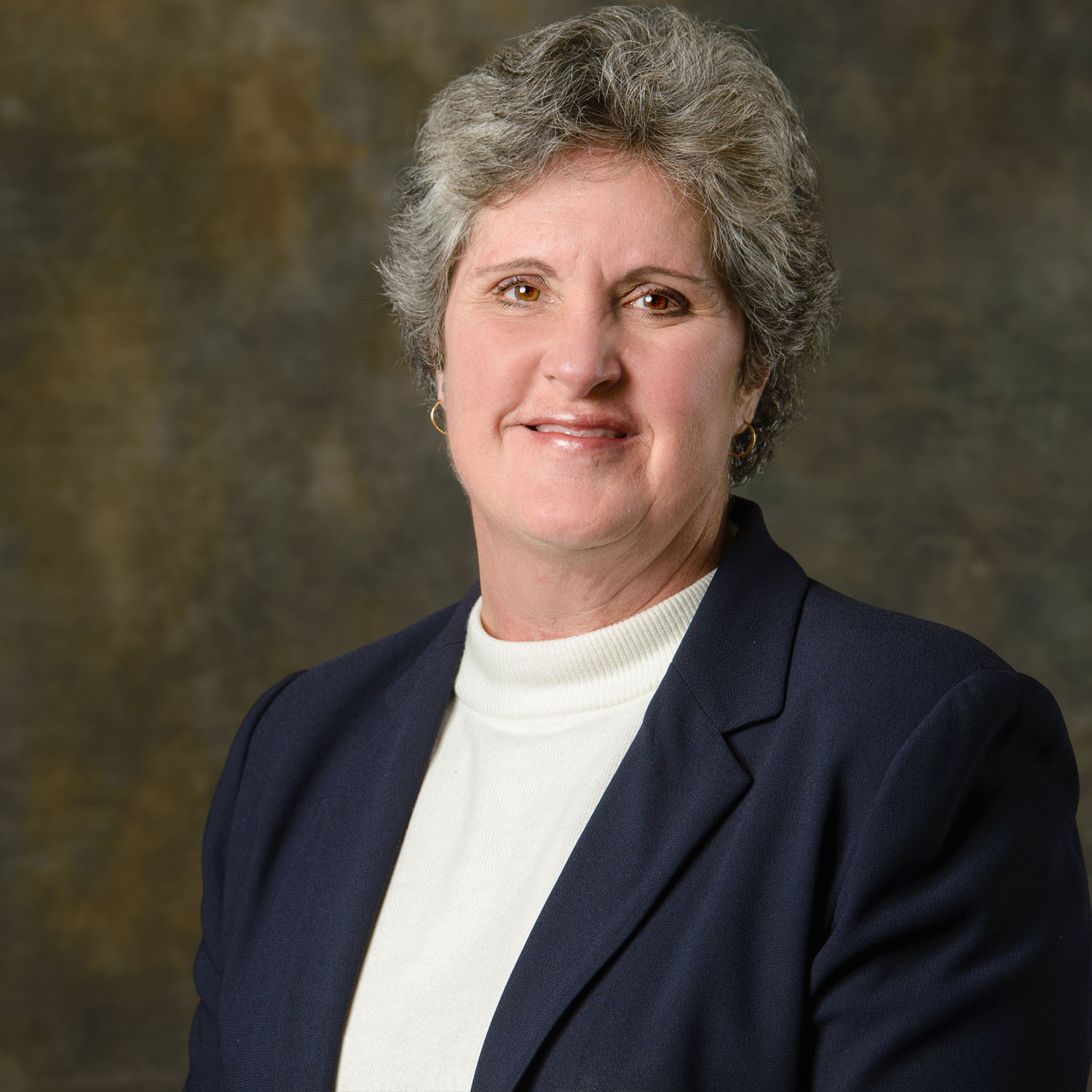Dr. Kathy Coleman: A life of Agriculture + Advocacy = Impact

The word which best describes the service of the chairperson of Saluda County Schools Board of Trustees is enduring. Whether it’s her more than 25 years on the local school board, her 13 years on the South Carolina School Boards Association’s (SCSBA) board or her 38 years of employment with Clemson University, when Dr. Kathy Coleman serves, she is typically in it for the long haul.
Coleman first earned two degrees from Clemson University – a bachelor’s in animal science and a master’s in agricultural economics – before earning a Ph.D. in agricultural economics from Texas A&M University.
“I’ve always been interested in agriculture and that was my first love,” said Coleman, who is a first-generation college graduate.
While on a break from school at Texas A&M, Coleman met the lobbyist for Clemson University who would be instrumental in steering her back to Clemson.
“No one ever grows up to be a lobbyist. I was constantly trying to decide what I wanted to do,” said Coleman. “He (Clemson University lobbyist) said, ‘Why don’t you come work for me?’”
It was Coleman’s determination to do the work which would bring about the best outcomes for the most people.
“I figured I could probably do more good by doing that (lobbying), so I decided to do it and have been doing it ever since,” said Coleman.
The one hour and 15 minutes it takes to get from her farm in Saluda to her job gives Coleman time to gather her thoughts regarding the many tasks for the day.
From budgeting and research to agribusiness and irrigation, there are no two days alike at Clemson’s 600-acre Sandhill Research and Education Center (REC), according to Coleman. Additionally, during the legislative session, a bulk of Coleman’s time is devoted to the State House.
The day-to-day lobbying on behalf of Clemson University has yielded great benefit to Coleman.
“When I think about some of the (research) projects that I’ve worked on and how they have affected students and South Carolina overall, (it’s) amazing (what) our folks at Clemson have done for South Carolina. That’s the rewarding part,” said Coleman. “(When) you get funding for some project like Call Me Mister, and it took off and, you know, that’s like a very rewarding part of my career.”
Coleman cited the 250-acre Clemson University International Center for Automotive Research (ICAR) campus in Greenville; the ClemsonLIFE ™ program, which offers a collegiate experience that prepares young men and women with intellectual disabilities for employment and independent living; the Clemson Precision Agriculture program located in Blackville, S.C. designed to improve agricultural production sustainability; and the various innovation centers as projects well worth the investment.
Both at work and at home in her leisure time, Coleman has found farming and agriculture to be therapeutic, particularly after losing one of her two sons and her husband only a few years apart.
“I had a rough couple of years,” said Coleman. “(It’s) part of God’s plan. I will see them again one day.”
These days she and her son Lewis, daughter-in-law Rachel and grandson Weyman spend as much time together as possible.
As a school board member, as director of Clemson’s Sandhill REC and as a farmer, Coleman said her foremost desire is to, “try to be aware of what God’s plan is and try to do my best not to mess that up.”